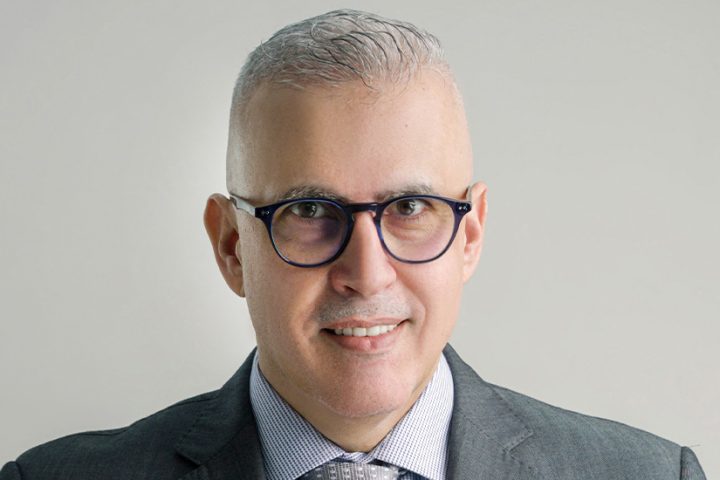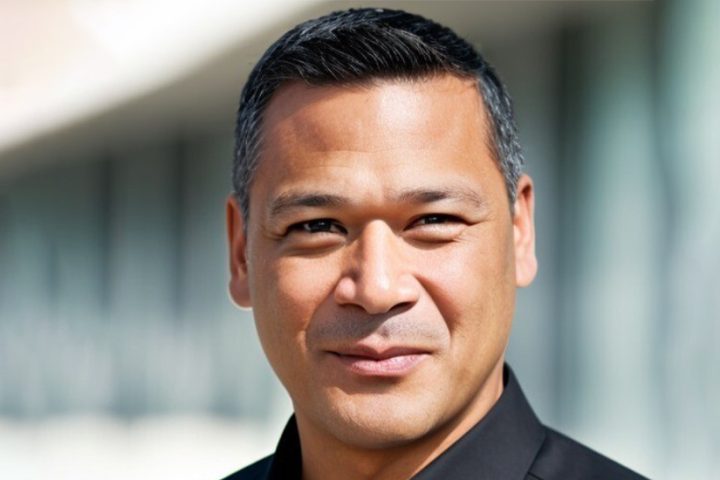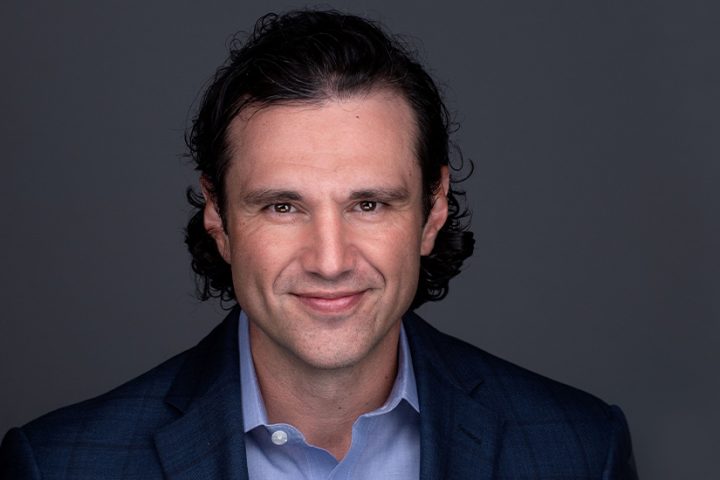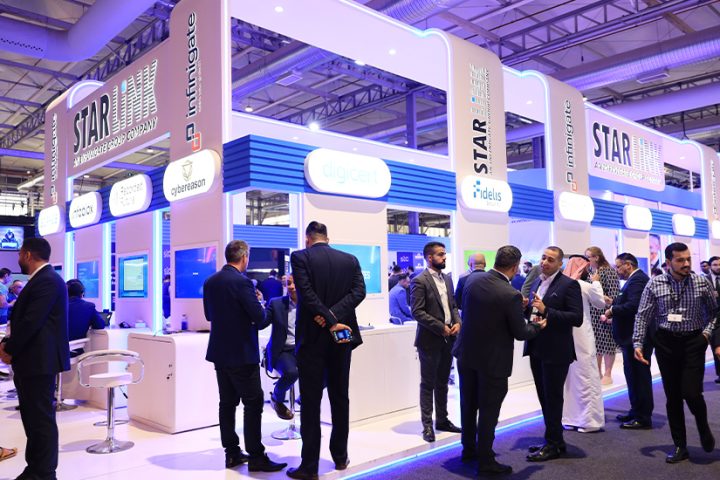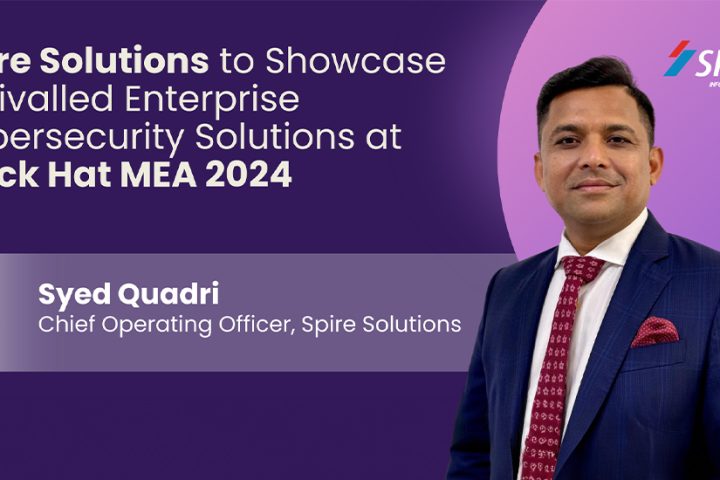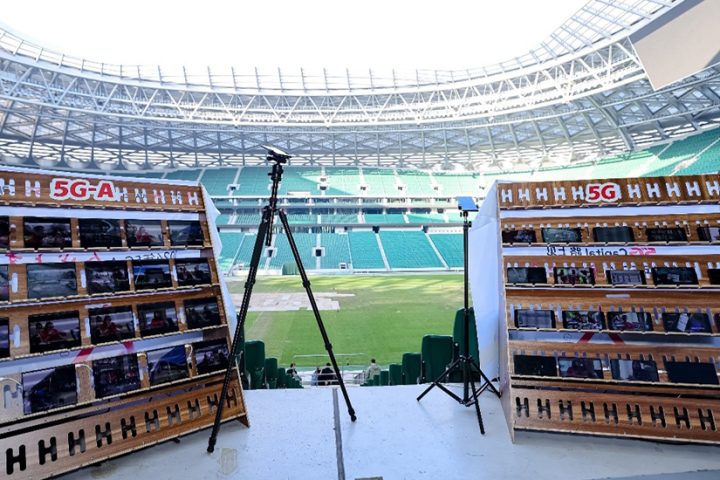In spite of all the excitement around IoT, it can’t be ruled out that several organizations are still standing behind, scared to take that leap of faith to adopt IoT given the perceived security and other concerns. Dell’s message to the enterprises of the region is –“MOVE FORWARD”; it doesn’t matter if the step you take is a small one, nevertheless it’s a progressive move in the direction of a smarter ecosystem. By giving customers the power of choice and the benefit of its rich experience and expertise, Dell offers a comprehensive end-to-end framework of holistic solutions, which are safe, secure and scalable.
“Our core focus is the commercial market sector and the industrial sector as well. The key offering Dell brings in is predictive analytics- by which we can analyse information before the occurrence of an event, and hence succeed in making smart decisions using real-time intelligence”
Anthony Sayers, IoT business developer and strategist, Dell OEM EMEA
“The region is still considered an emerging type of market; therefore it’s actually easier for the Middle East to go faster because it doesn’t have to rip out legacy infrastructure. That brings with it lots of Greenfield opportunities to move forward. It’s spectacular to see the conquest of man over environment in this region. IoT can be an efficient enabler to continue that journey, and make the region smarter than it already is.”
Kirsten Billhardt, Marketing Strategist, Dell OEM
The Dell philosophy has always been centred on the potential of technology to empower people. Taking this forward, Dell smartly leveraged the IoTX 2015 at Dubai to share its vision and strategy around the Internet of Things with the Middle East region.
Anthony Sayers, IoT business developer and strategist, Dell OEM EMEA believes that Dell is well positioned to address the requirements of the key industries of the region in their journey to smarter systems through the adoption of IoT. They are focused on the commercial proposition and thanks to their understanding of the nerve of this region, they are confident that they can help enterprise customers in moving their strategy from the disconnected world to a connected world where information technology meets operational technology.
Kirsten Billhardt, Marketing Strategist, Dell OEM has been spearheading Dell’s marketing activities for IoT worldwide. In that role, she has had the chance to interact with customers from different regions of the world and she feels that IoT is garnering strong and consistent interest all across the globe; though the number of use cases and challenges in the IoT adoption may vary from one region to the other. In the Middle East region, Kirsten says, there is a great emphasis on the energy sector wherein the key target is to improve productivity and analytics in harsh environments. Telcos are another big area of focus when it comes to IoT.
Anthony further draws attention to the fact that while talking of connecting different environments, securing and managing the same is a crucial aspect; and hence security is something Dell focuses upon while working around various IoT solutions.
So, how has been the UAE faring in the IoT game so far and what lies ahead? Kirsten tells us, given the interest IoT has been generating all across the world; it’s tough to pick any region as a clear leader. But, she does adds a point about the extra advantage the Middle East has- “ The region is still considered an emerging type of market, therefore it’s actually easier for the Middle East to go faster because it doesn’t have to rip out legacy infrastructure. That brings with it lots of Greenfield opportunities to move forward. It’s spectacular to see the conquest of man over environment in this region. IoT can be an efficient enabler to continue that journey, and make the region smarter than it already is.”
So, how has the Government been helping in this journey of IoT? Anthony tells us, the Government in the region has clearly been a facilitator for people and technologies to come together; and the quest for innovation and compelling engagement has attracted a lot of major companies to invest in the region and address the needs for agile and smarter technology. The pro-active nature of the Government is a great thing for the technology providers in the region.
There are lots of things Dell is already doing under the smart city framework that allow them to address things like sustainability, and optimising resources within the enterprise framework.
Talking of Dell’s recent success stories, Kirsten shares with us how Dell has collaborated with a leading air conditioning company in Thailand; they are working together to make air-conditioning smarter by connecting to the internet. As a result, it’s easier to manage buildings out there in a more cost-effective, efficient and sustainable manner; not to forget the excellent feature of remote management IoT brings along.
In the United States, Dell has been engaging in a lot of activities around building automation solutions. One of its key customers, a leading building automation provider has leveraged Dell’s gateway solutions for the efficient management of millions of commercial buildings.
So, what are the opportunities in the Middle East region Dell is planning to bank upon? Anthony says, “Our core focus is the commercial market sector, and the industrial sector as well. We are looking at the Telco segment for better management of connectivity. Moreover, we are also looking at building automation solutions and effective security and surveillance for the hospitality, healthcare and retail sectors. The key offering Dell brings in is predictive analytics- by which we can analyse information before the occurrence of an event, and hence succeed in making smart decisions using real-time intelligence”.
Taking forward the discussion on analytics, Kirsten tells us how over a period of prolonged interaction with customers, Dell observed a significant gap in the IoT space. It was seen that a majority of the IoT solutions behave like consumer solutions; with sensors sending data all the way to the cloud and then all the way back. Though this might come across as a simple model, way too many issues were found with it; the most pressing one being the latency resulting out of the long time lag. This undoubtedly affects the performance of the systems and the enterprises’ productivity is affected adversely in the long run. Security was yet another issue since sensitive information had to be protected across long distances and time periods. In order to counter these issues, Dell has come up with its latest range of gateway products; they believe that though it might make sense to do analytics in the cloud, it makes even more sense to do some analytics closest to the location of the sensors; thereby, saving on time, costs and safety issues.
Talking of so many connections, one might ponder if there’s a limit to the level of connectivity. While Kirsten says that this is something which depends upon a region’s culture and legal compliance requirements; Anthony strongly believes that connections are meant to help people, not to invade their privacy. Dell believes in using technology to make the world more efficient without becoming invasive.





